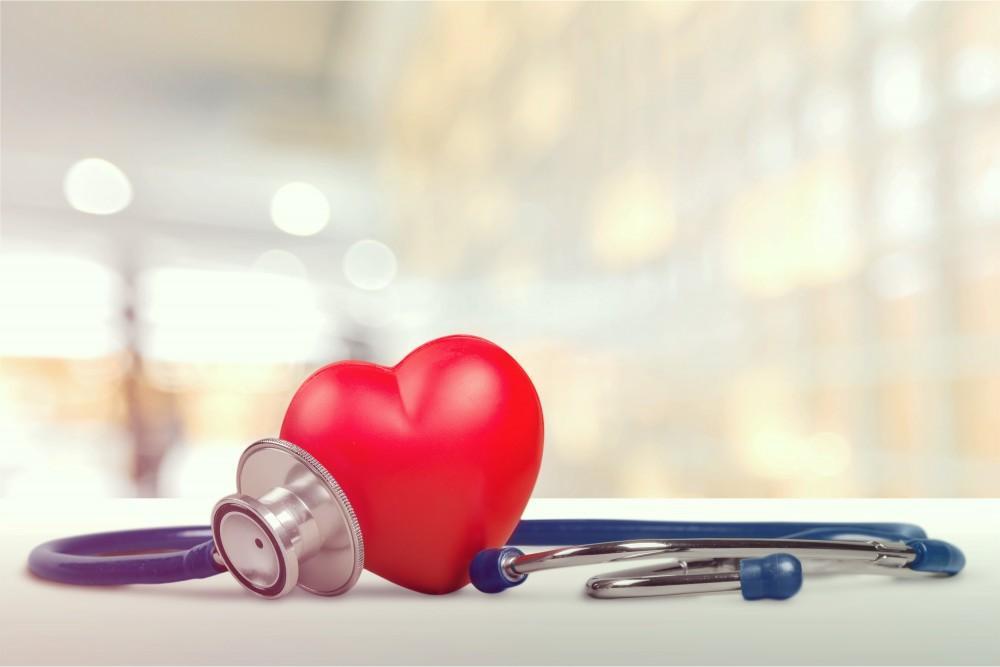
That Flutter in Your Chest: 5 Signs of Atrial Fibrillation You Shouldn’t Ignore
It’s easy to dismiss subtle heart symptoms, but they’re often the first clues your body gives when something isn’t right. Learning about the warning signs of atrial fibrillation means you’ll know when to seek cardiovascular care.
Jan 22nd, 2026































































